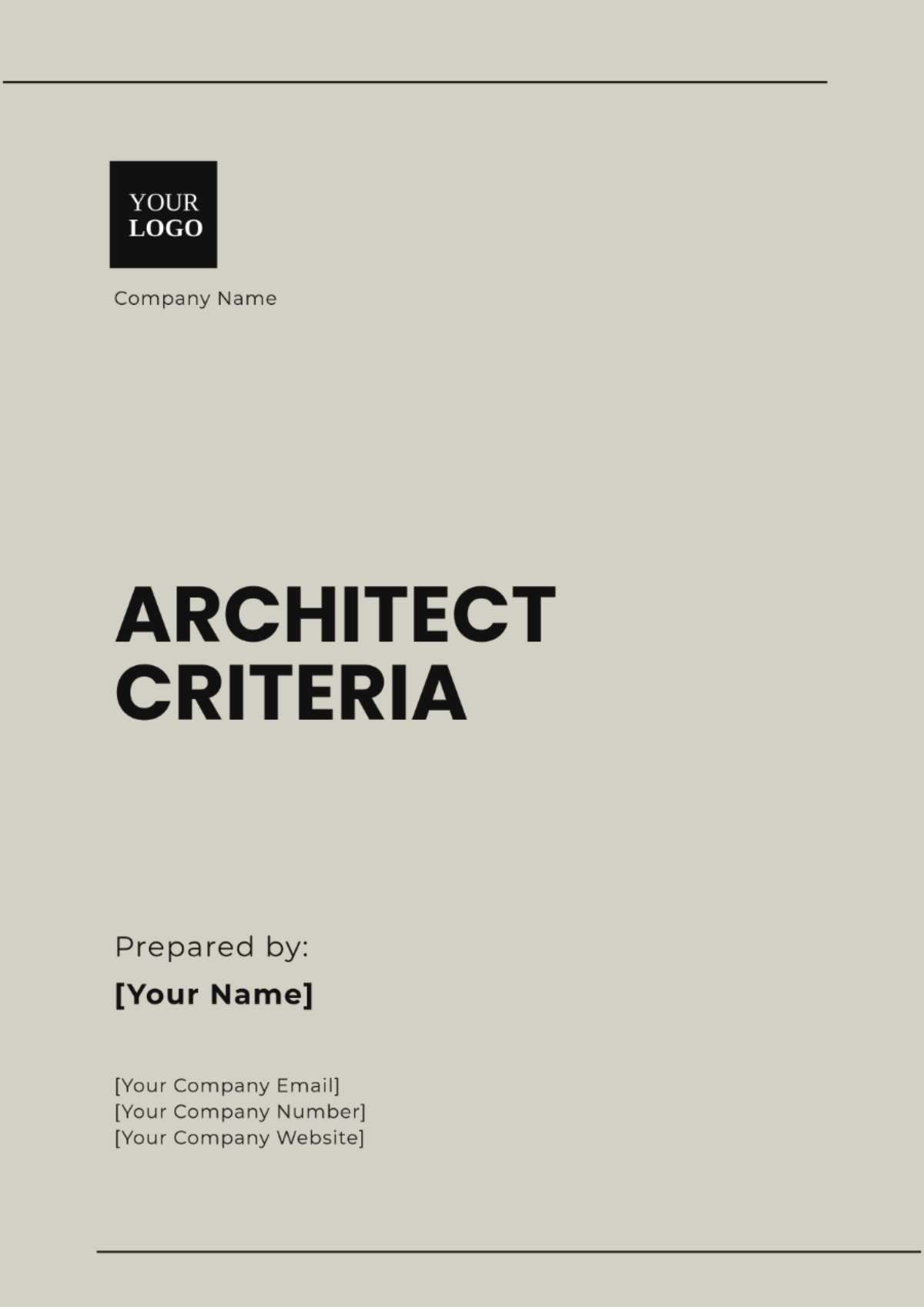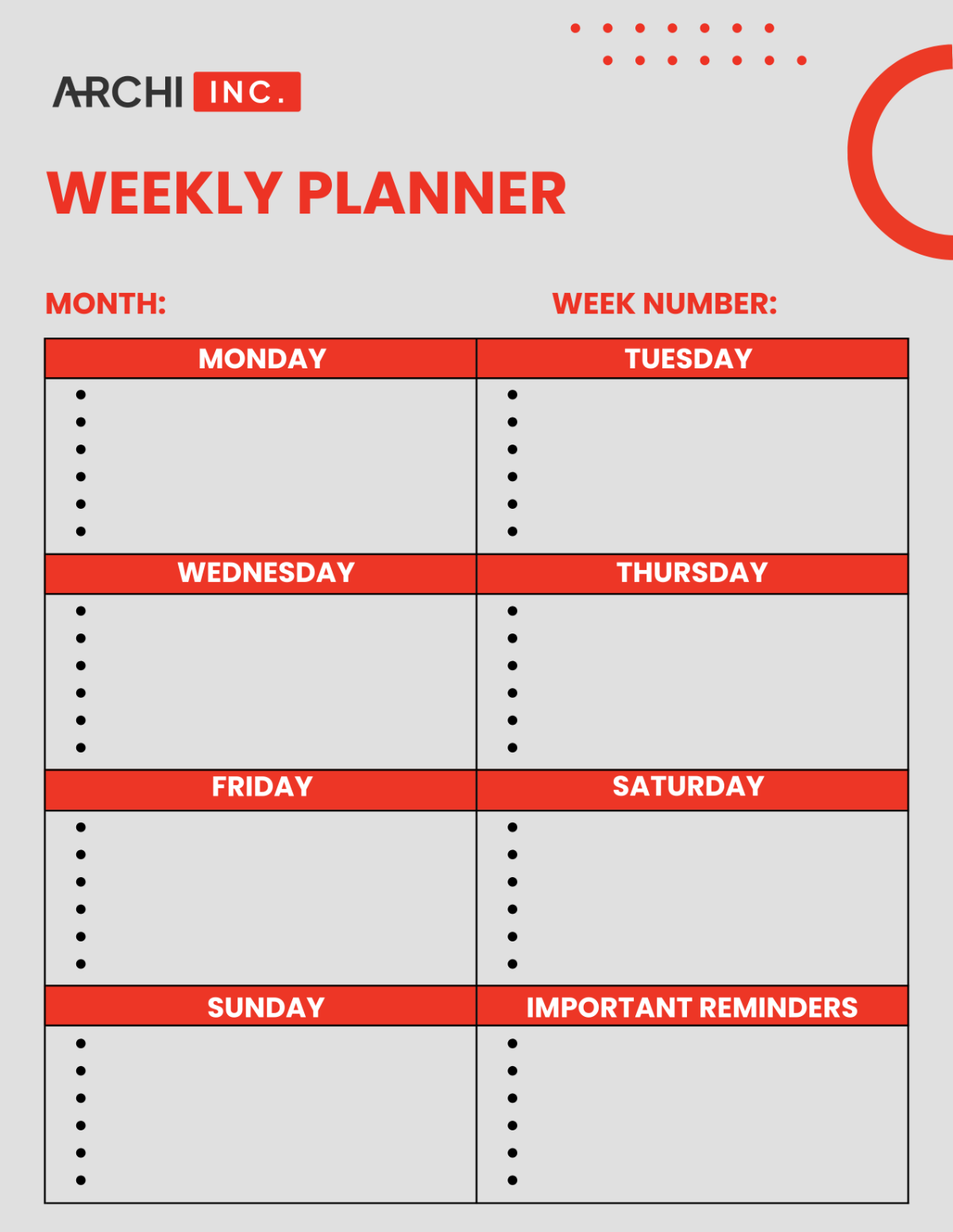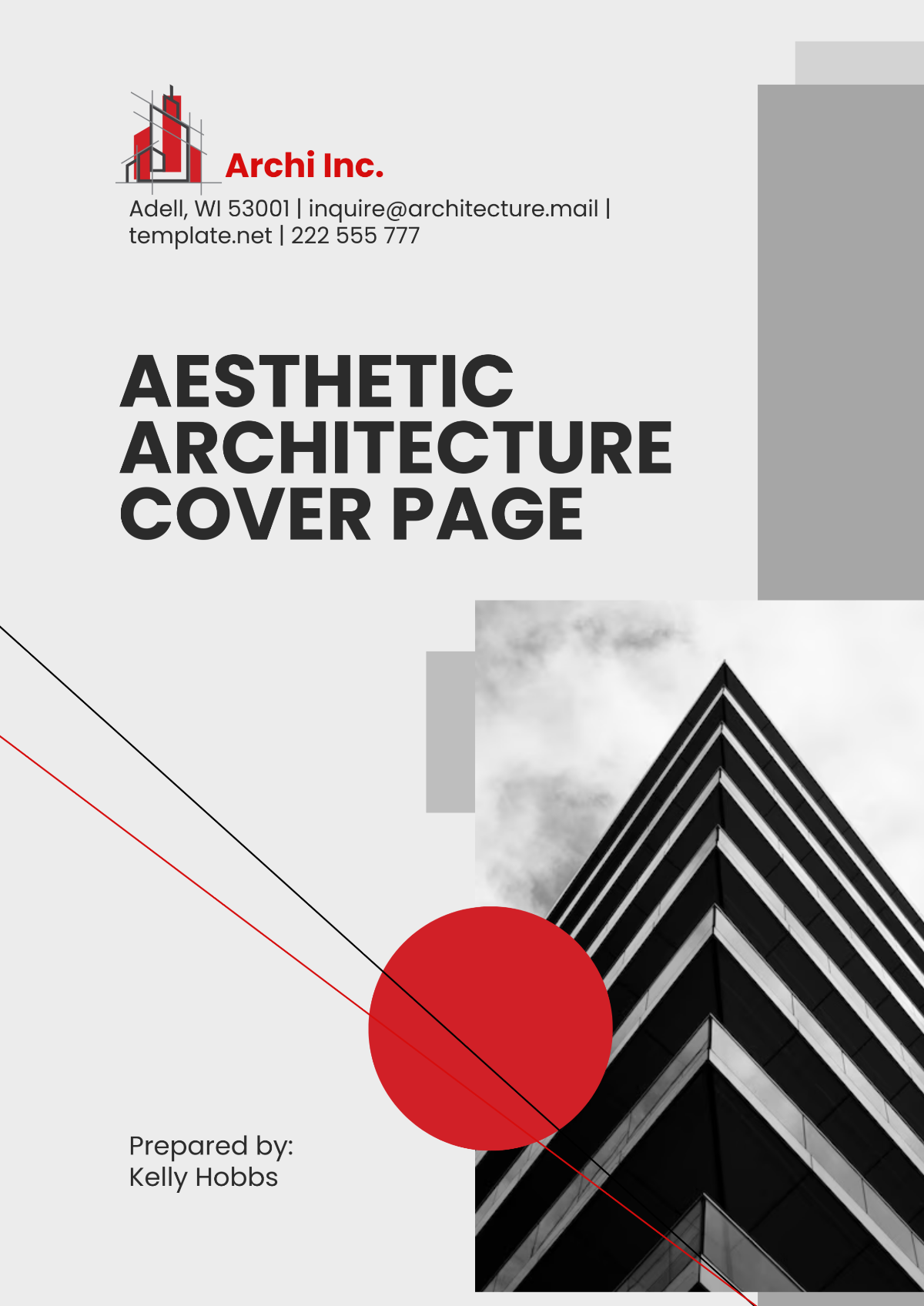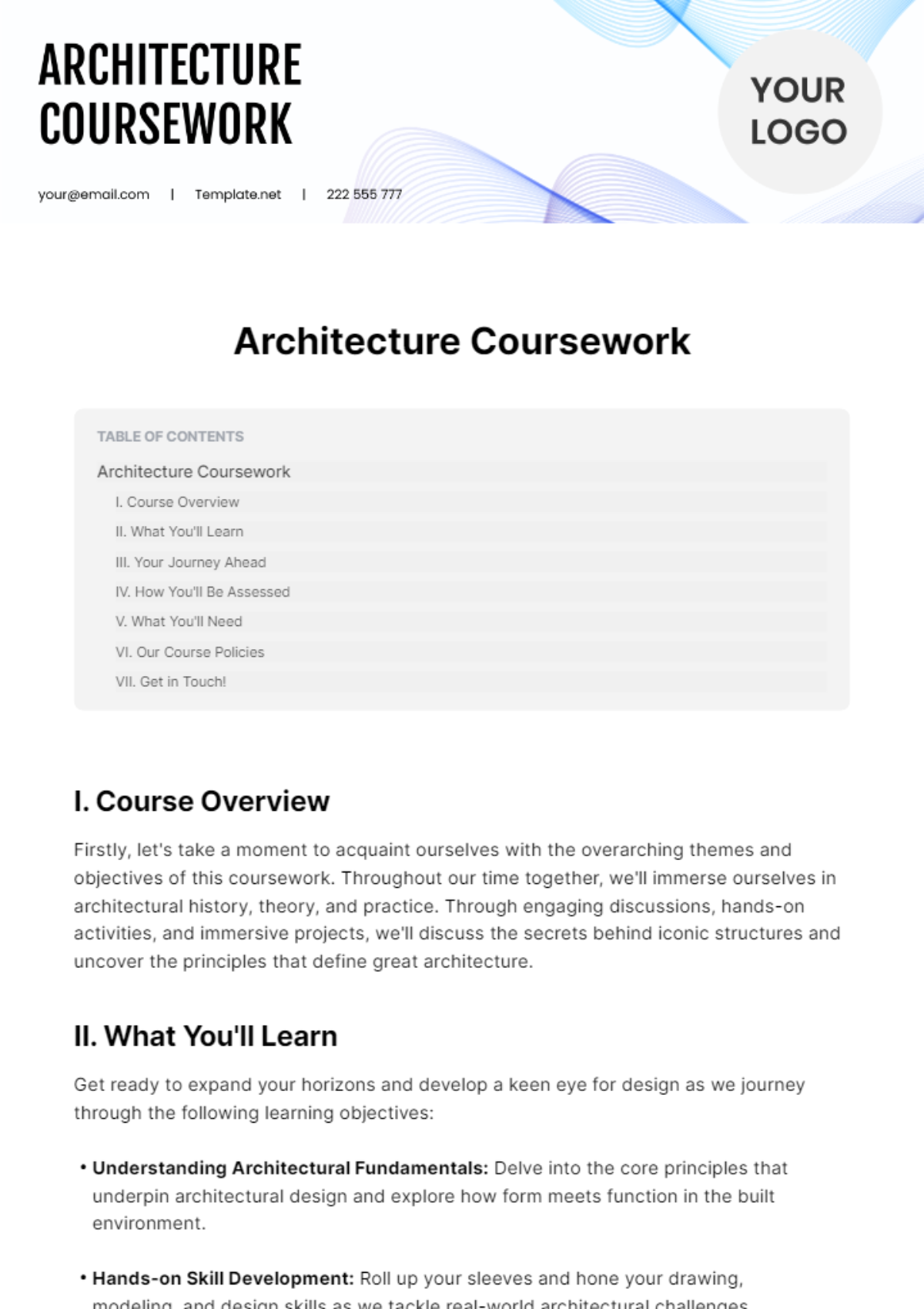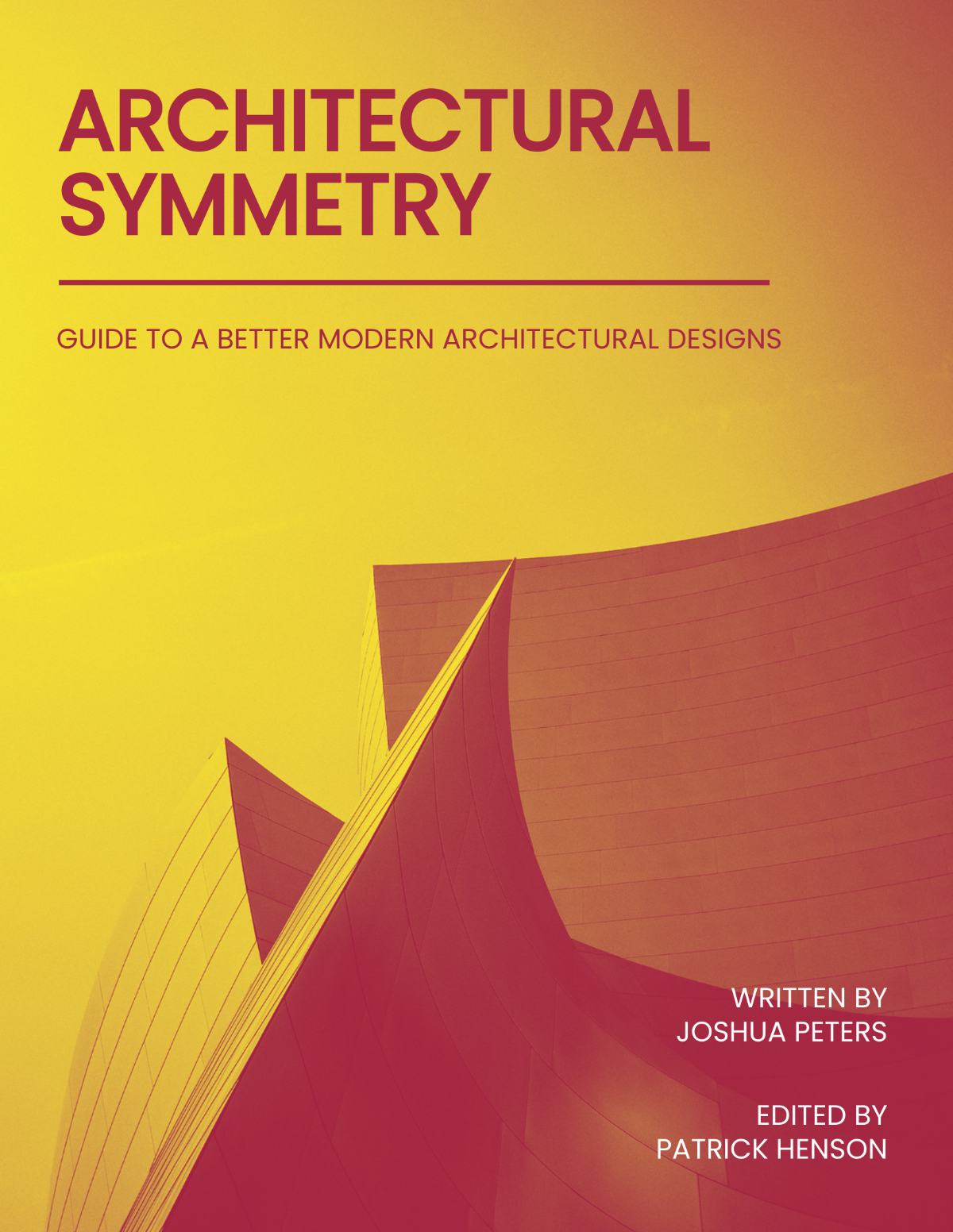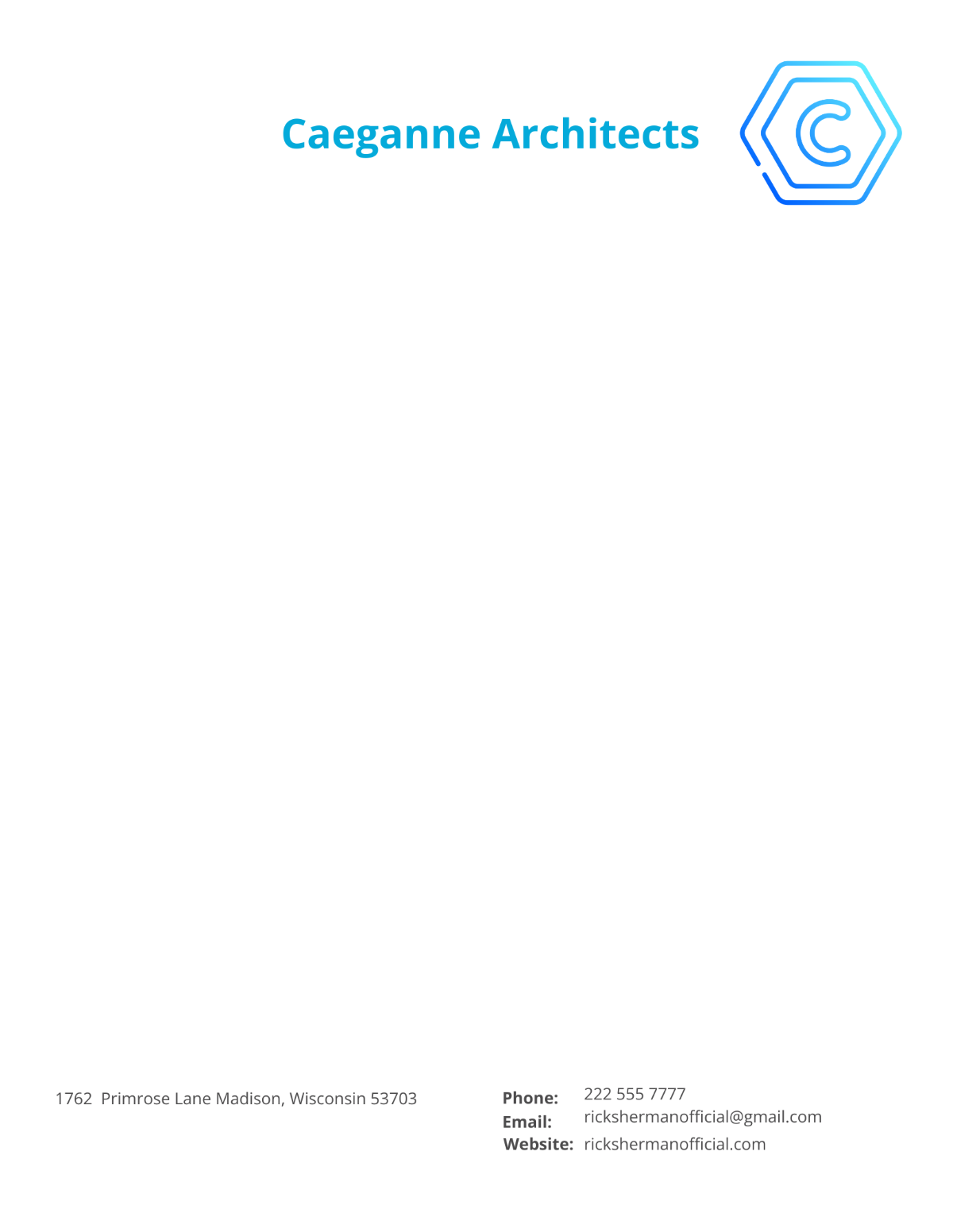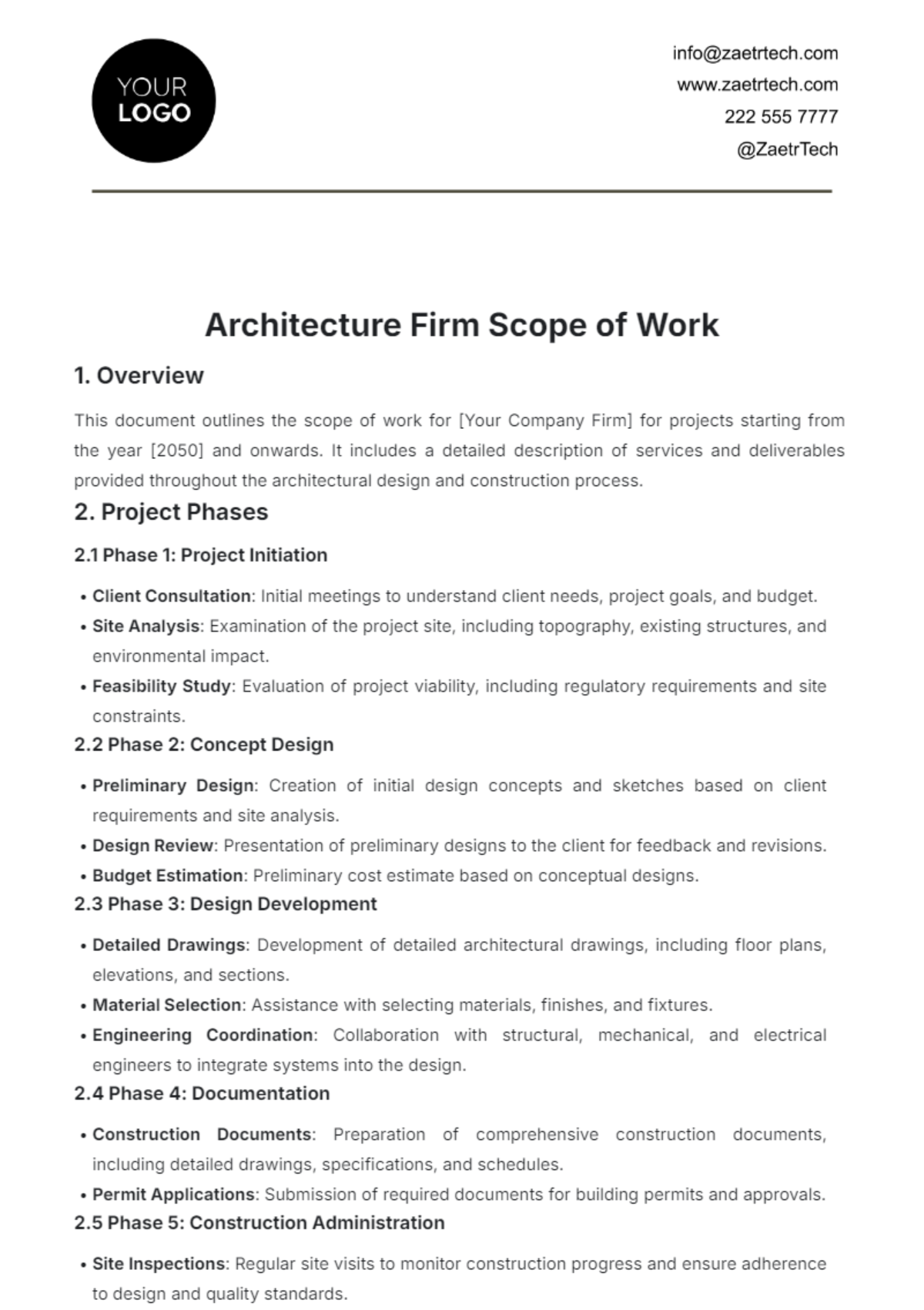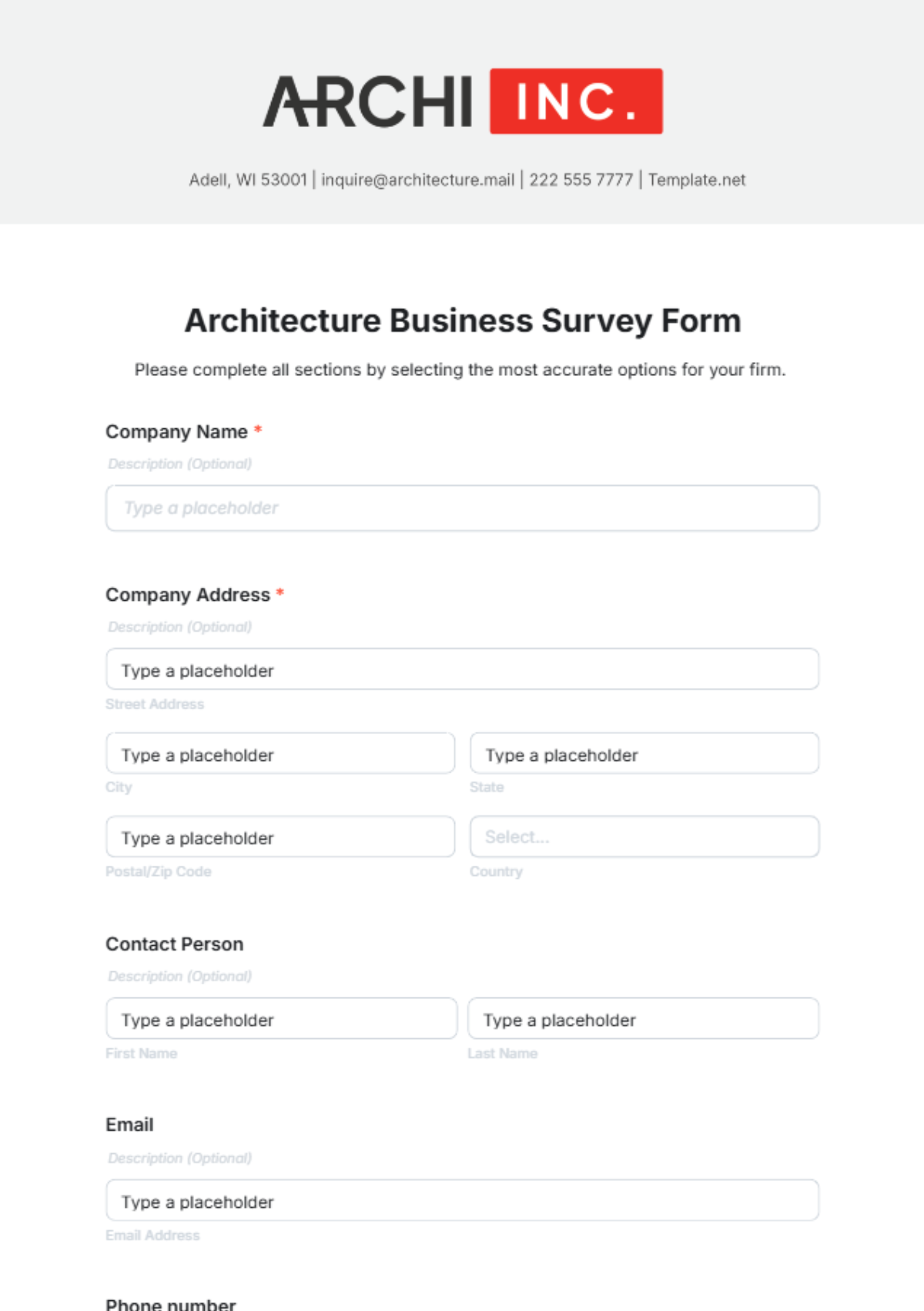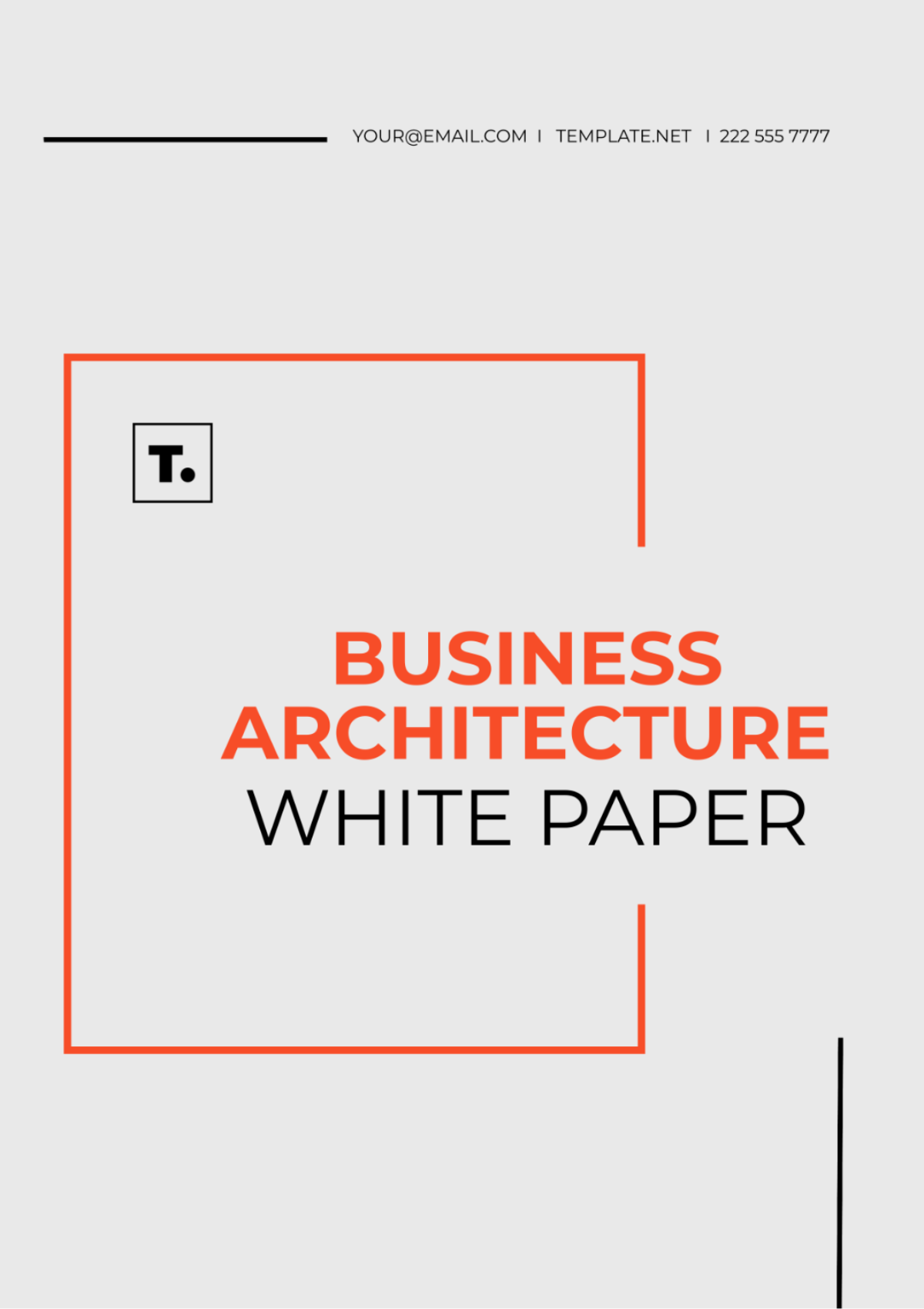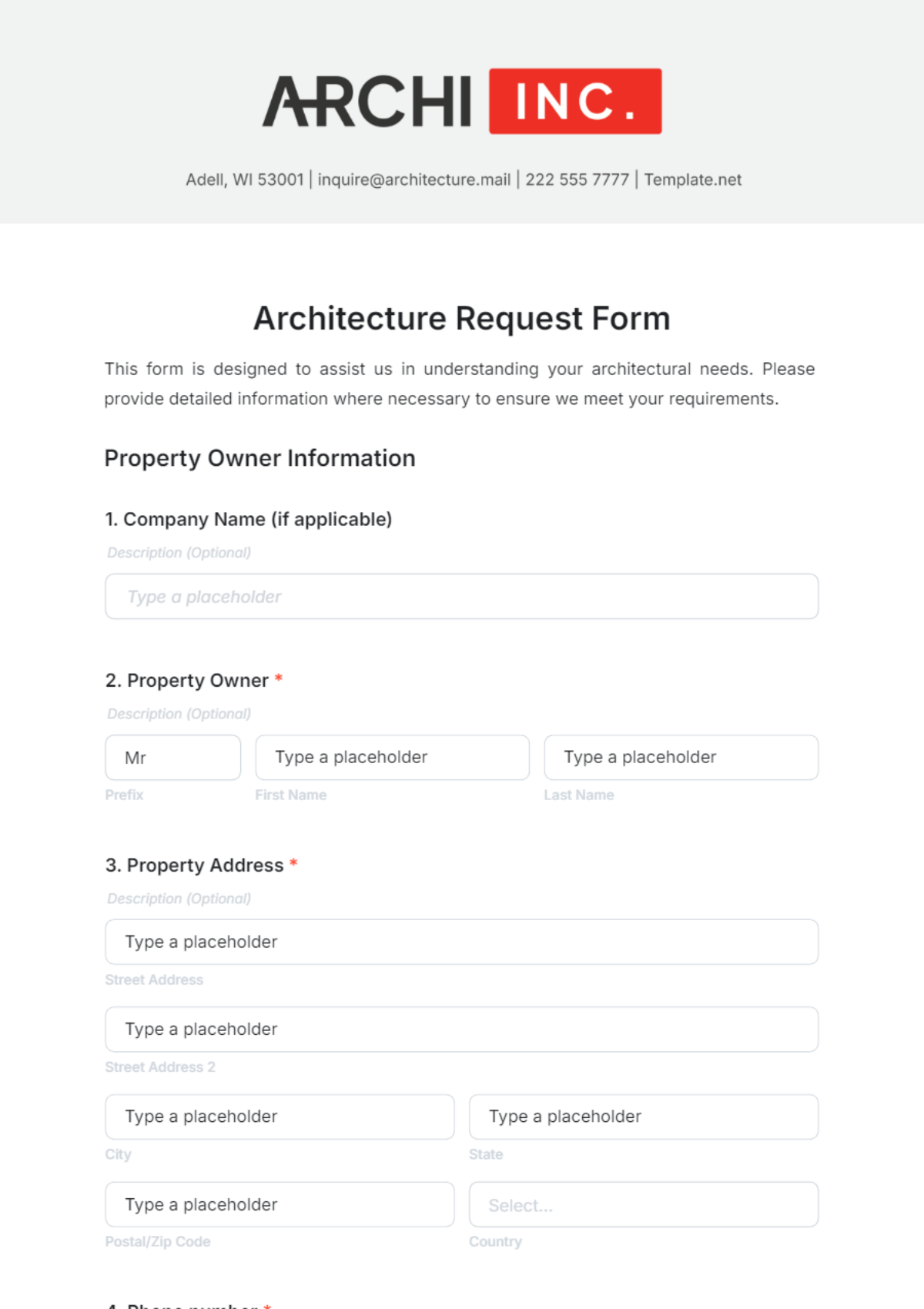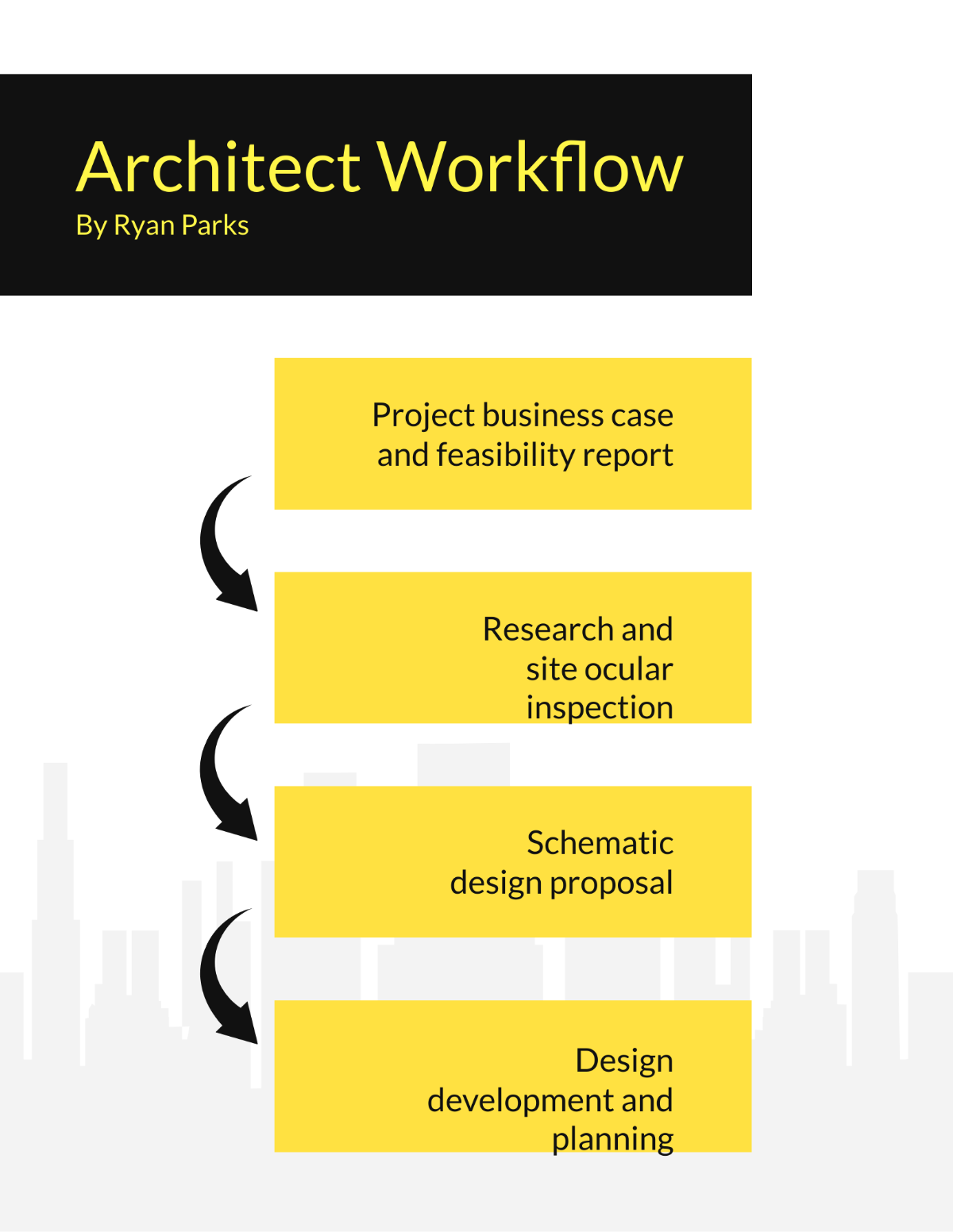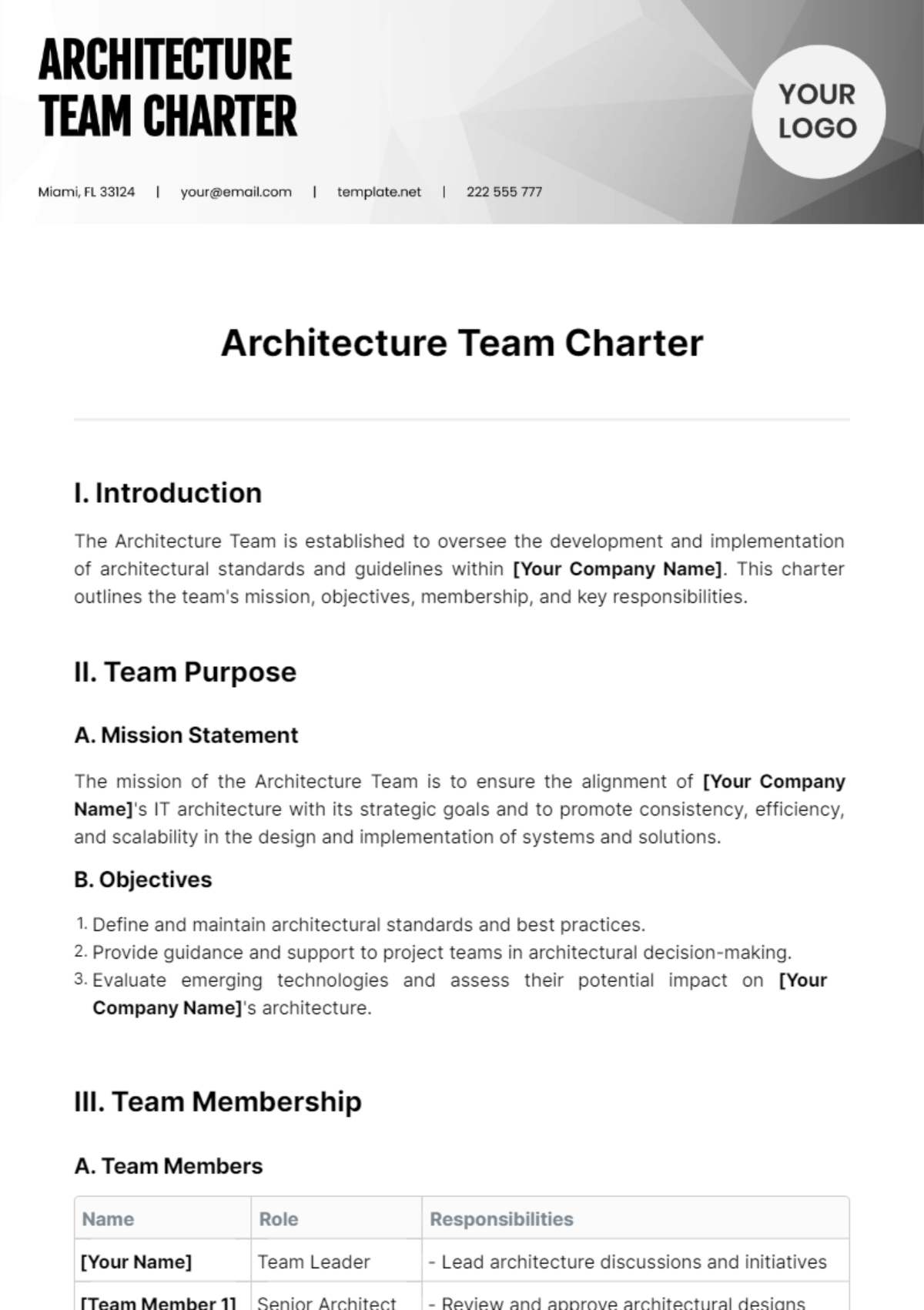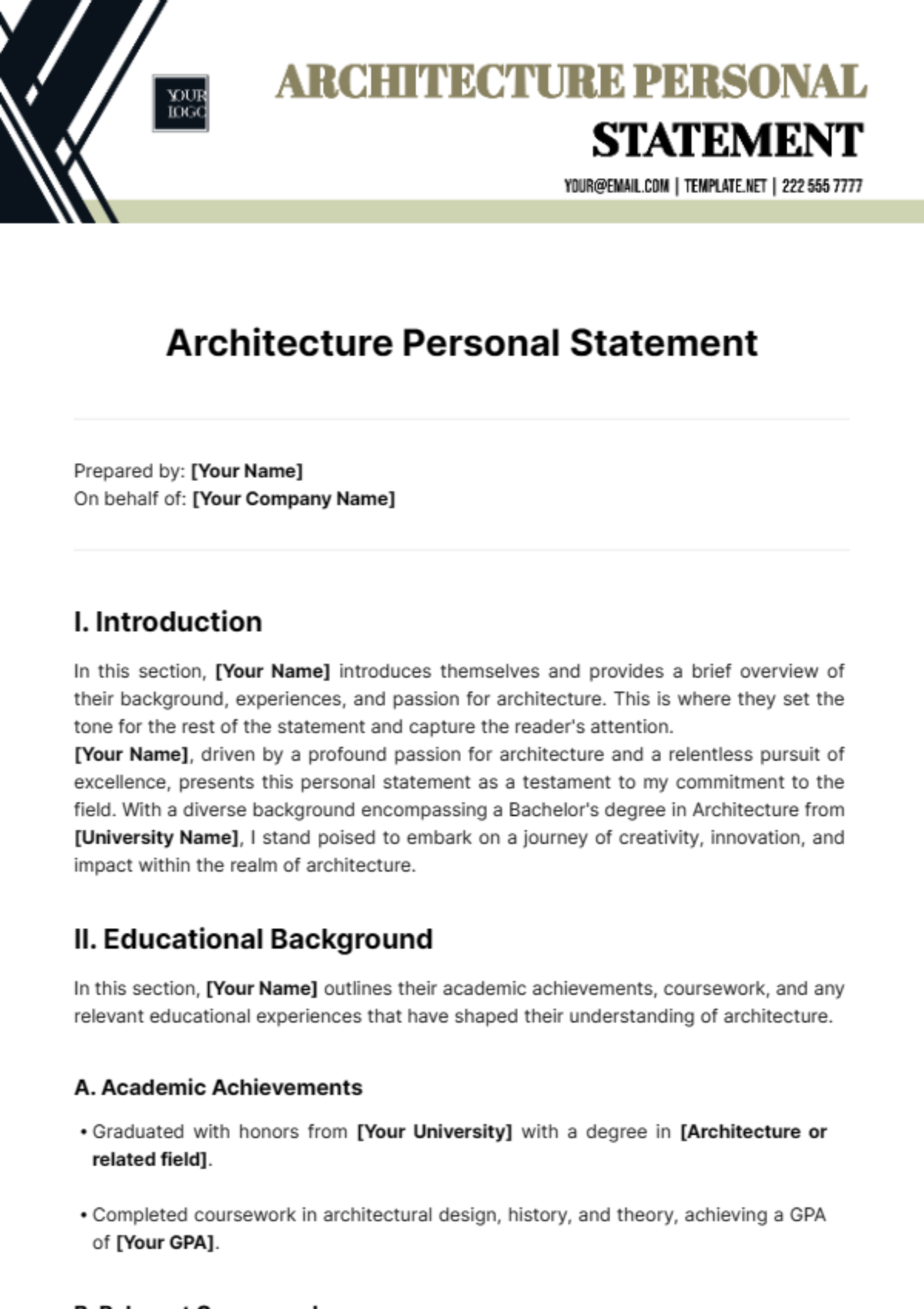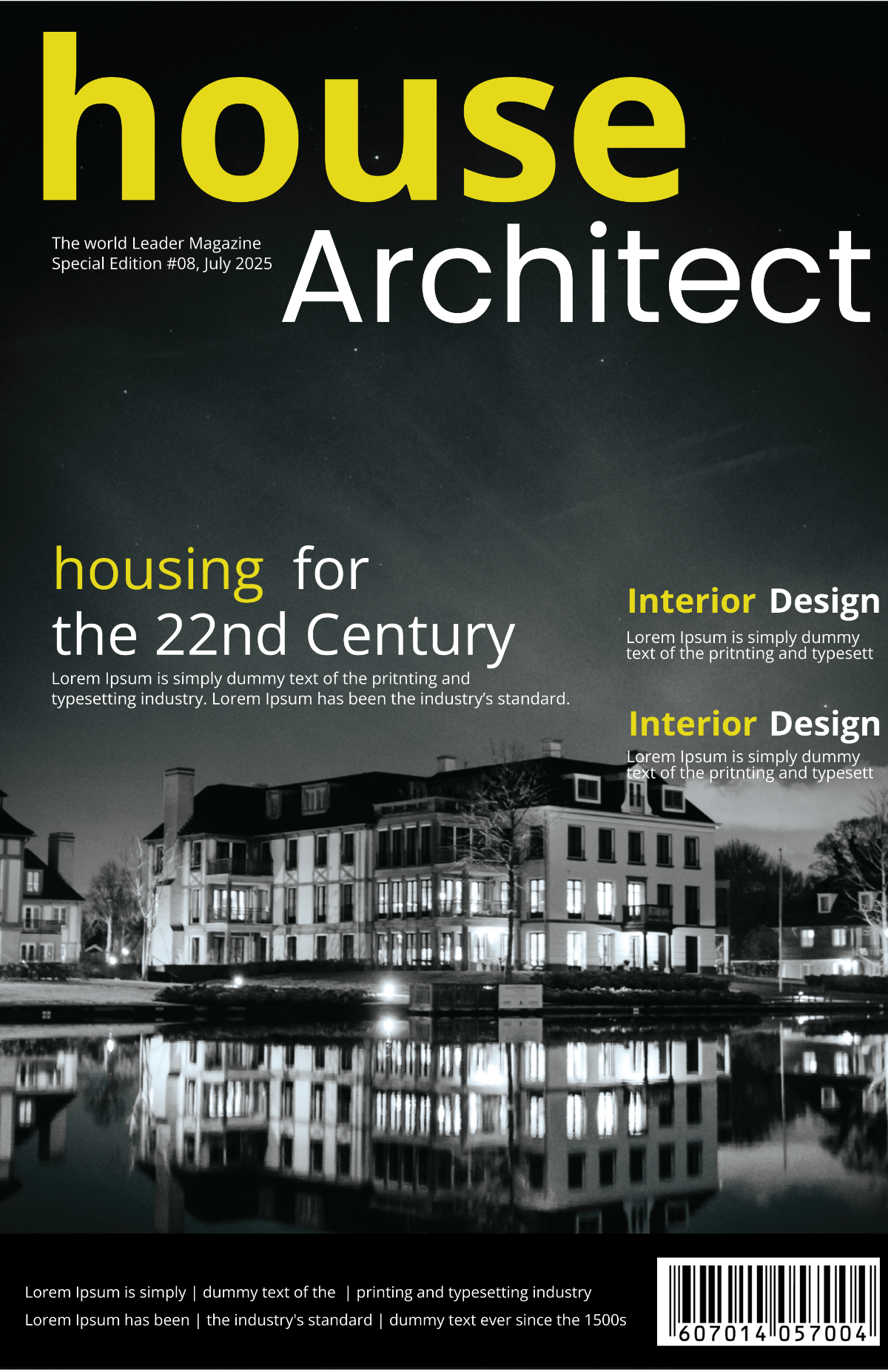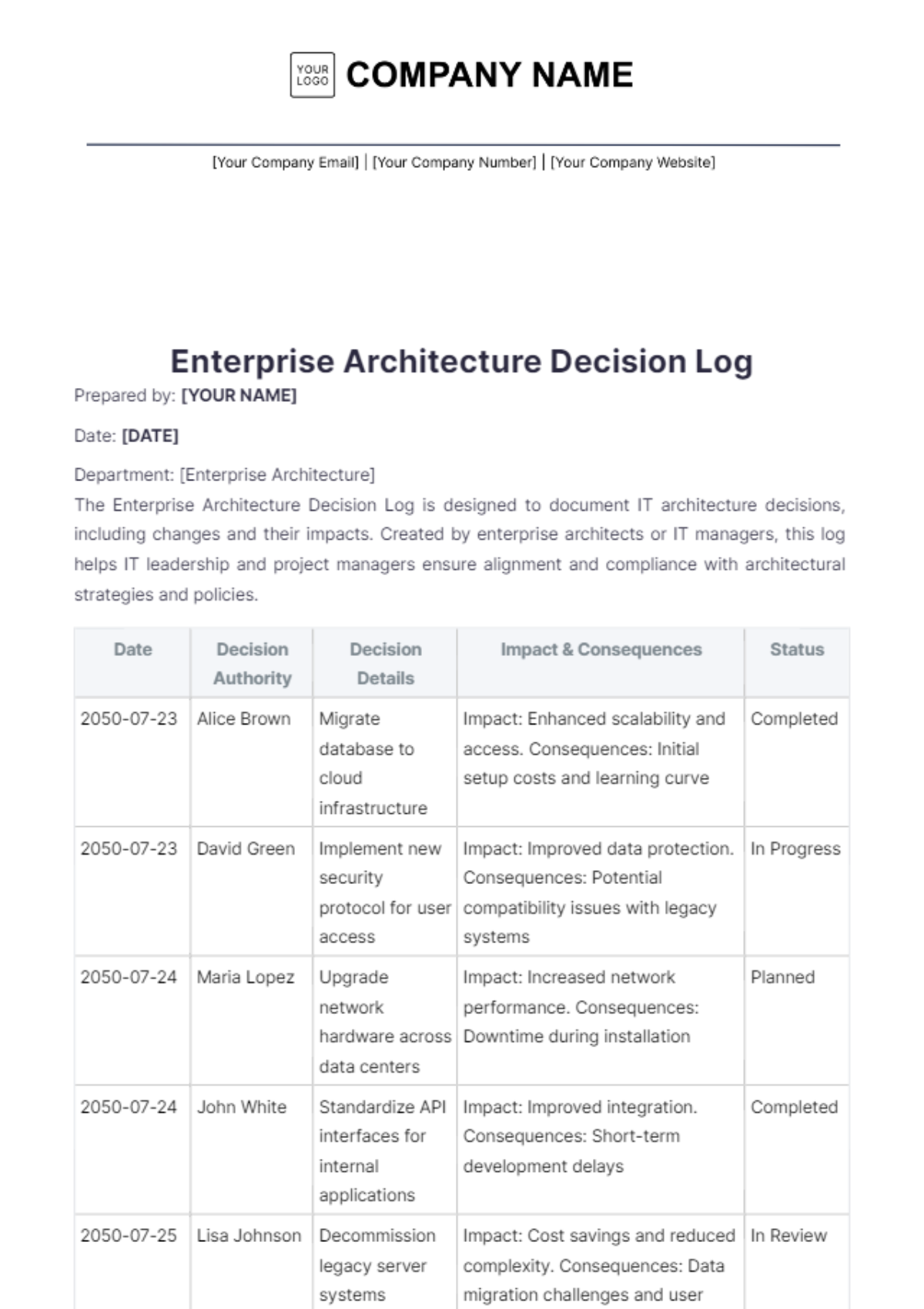Architect Criteria
Introduction
This document provides the architectural criteria developed by [Your Company Name]. The purpose is to establish clear guidelines and standards to ensure the successful design and implementation of architectural projects.
Purpose
The purpose of this Architect Criteria is to:
Outline the design and performance expectations for the project.
Ensure the design meets the client’s needs and preferences.
Maintain consistency with industry standards and regulatory requirements.
Scope
This criteria document covers:
Design requirements and objectives
Performance and functional standards
Material and finish specifications
Compliance with local building codes and standards
Budgetary constraints and project timelines
Standards and Principles
The project must adhere to the following standards and principles:
Design Standards: The design should reflect a modern aesthetic while incorporating elements of sustainability and functionality.
Sustainability: The project should meet green building standards, including energy efficiency and low environmental impact.
Accessibility: The design must ensure accessibility for all individuals, complying with ADA (Americans with Disabilities Act) standards.
Safety: All aspects of the design must adhere to safety regulations, including structural integrity and fire safety.
Weighting and Scoring
Criteria | Weight (%) | Score (1-10) |
|---|---|---|
Design Innovation | 25% | |
Compliance with Requirements | 20% | |
Cost Efficiency | 20% | |
Timeline Adherence | 15% | |
Sustainability and Environmental Impact | 20% |
Notes:
Weight (%): Represents the importance of each criterion in the overall evaluation process. The total should equal 100%.
Score (1-10): This scale represents how well a proposal meets each criterion, with 10 being the highest score, indicating exceptional performance or compliance, and 1 being the lowest score, indicating poor performance or non-compliance.
Weighted Score: Calculated by multiplying the Weight (%) by the Score (1-10).
Evaluation Process
Initial Review: Review of submitted proposals to ensure they meet the basic criteria.
Detailed Evaluation: Assessment of design quality, functionality, and adherence to standards by the evaluation committee.
Scoring: Application of the weighting system to rank proposals based on the established criteria.
Feedback and Selection: Provision of feedback to designers, if applicable, and selection of the preferred design.





